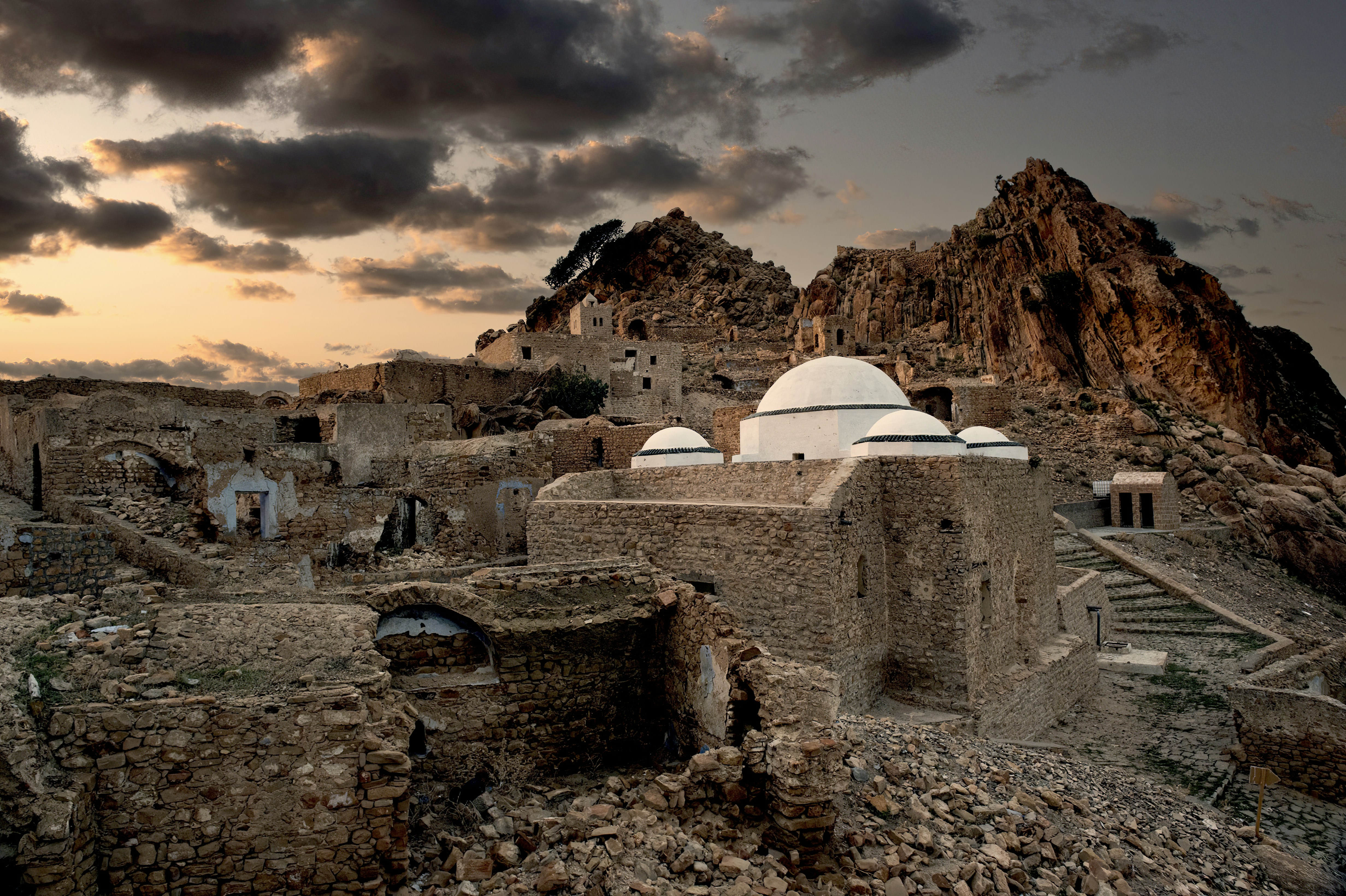Embracing African Heritage: Connecting Cultures Across the Globe
October 25, 2024 | by gaucherk@faculty.isd.sn
 Photo by Leiada Krozjhen on Unsplash
Photo by Leiada Krozjhen on Unsplash Fostering Connections with African Communities Worldwide
In an increasingly interconnected world, fostering connections with African communities—both on the continent and in the diaspora—holds significant value. Establishing these connections not only promotes the appreciation of African culture but also enhances the sense of unity among people with African heritage. Various platforms and initiatives have emerged over the years to facilitate these connections, allowing individuals to form relationships grounded in shared experiences and histories.
Social media plays a pivotal role in bridging geographical divides. Platforms such as Facebook, Twitter, and Instagram provide spaces where individuals can engage with their heritage and discover communities devoted to African culture. These digital spaces host discussions, events, and outreach initiatives that emphasize cultural expression and community support. Many diaspora organizations have harnessed the power of these platforms to maintain ties with their countries of origin, creating networks that celebrate African traditions and values.
In addition to social media, cultural festivals and events promote direct interactions among diverse communities. Celebrations like Africa Day or local heritage festivals bring together individuals from various backgrounds to appreciate the richness of African art, music, cuisine, and history. Such gatherings not only showcase African heritage but also cultivate a sense of belonging and pride among participants, reinforcing their identity as part of the global African family.
Personal stories often serve as powerful testimonies to the importance of these connections. Many individuals share their journeys of rediscovering their African roots, detailing how their involvement with local African communities has enriched their understanding of where they come from. These narratives highlight the universal values of unity and love that bind people, transcending borders and differences.
Ultimately, nurturing relationships with African communities worldwide fosters a broader appreciation for African culture and reinforces the significance of shared identities. By coming together, people can build a global African identity that respects diversity, honors traditions, and values the contributions each individual brings to the collective narrative.
Sharing Culture, Values, and Traditions: A Pathway to Understanding
The sharing of African culture, values, and traditions is an essential avenue for fostering education and empathy. Cultural exchanges allow individuals from different backgrounds to engage with African heritage, facilitating a richer understanding of the continent’s multifaceted narrative. Storytelling, which has long been a pivotal aspect of African culture, serves as an effective tool for conveying profound insights and shared experiences from diverse communities. Through the art of storytelling, myths, folklore, and historical accounts come alive, offering listeners the opportunity to connect emotionally and intellectually with African traditions.
Art also plays a significant role in this cultural dialogue. African art, whether through visual mediums, music, or dance, embodies the vibrancy and complexity of African societies. Exhibitions, performances, and collaborations with international artists not only celebrate African creativity but also challenge stereotypes and misconceptions. By showcasing the talents of African artists, we create a platform for dialogue, where cultural appreciation can flourish, enabling deeper understanding among diverse societies.
Cuisine is another vital component in promoting African heritage. The diversity of African gastronomy reflects a rich tapestry of cultural influences and traditions. Culinary events, cooking classes, and food festivals highlight the significance of food in African culture, inviting people from around the world to experience African flavors and culinary techniques. Such initiatives encourage curiosity, breaking down barriers through the shared experience of food.
Moreover, diasporic communities play a crucial role in this cultural-sharing process. These communities often act as cultural ambassadors and contributors to their host societies, bridging gaps and nurturing a sense of belonging. Successful cultural initiatives, such as festivals and educational programs, underscore the importance of inclusivity and mutual respect, demonstrating how constructive engagement with African heritage can cultivate understanding and cooperation across borders.
RELATED POSTS
View all

